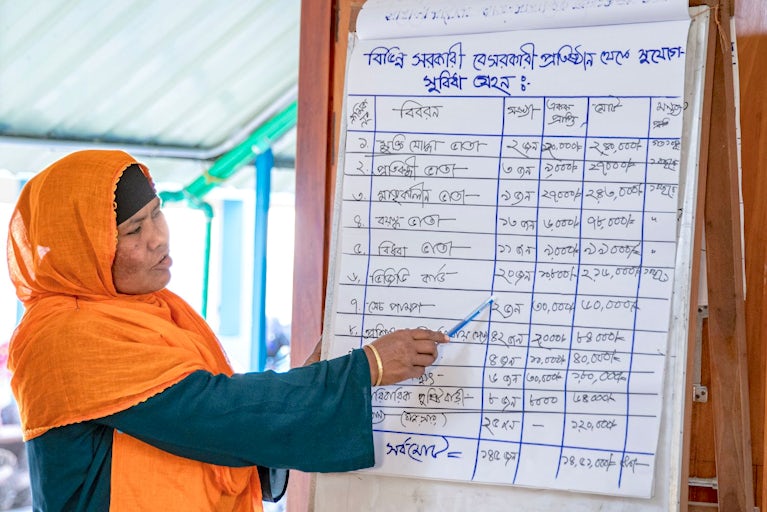
Where the Soil Meets the Sky: A Bangladeshi Woman Dares to Dream New Dreams
A Bangladeshi woman dares to dream new dreams.
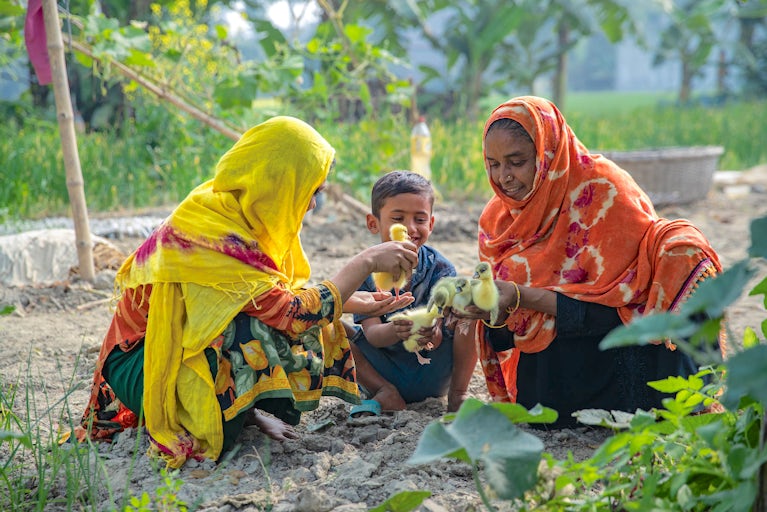

We support women farmers to increase production, earn more from their products and unlock opportunity.


Bangladesh has made impressive strides since its formation in 1971, achieving positive outcomes in poverty reduction, literacy rates, gender equity and other human development indicators. At its current trajectory, the country is expected to transition off the United Nations’ Least Developed Countries list in 2026. However, the country is at a turning point after violent political unrest in mid-2024, and continued progress hinges on addressing enduring challenges, including sluggish post-pandemic economic growth and persistent poverty and gender disparity, particularly in rural areas. Climate change is an additional threat, as Bangladesh ranks among the most vulnerable countries in the world.
Agriculture employs a majority of the population and continued investment in the sector is pivotal to further reducing poverty, creating rural jobs and advancing development. Smallholder farmers struggle with natural disasters, low productivity, market volatility and poor access to financing and modern technology. Women farmers are especially marginalized, with even less access to resources and little voice in income and household decision-making. Solutions that enable farmers to increase productivity, connect to reliable markets and build resilience to climate change are necessary to bolster rural communities and improve family well-being.

Heifer’s work in Bangladesh prioritizes community-led development and inclusive agricultural value chains. Our community-led development approach strengthens social capital, encouraging farmers, especially women, to establish self-help groups and farmer producer organizations in which they can work together to develop shared goals, build farming businesses and create the foundation for sustainable transformation.
With this groundwork in place, Heifer’s interventions enable farmers to adapt to climate change and improve the production of agricultural products that have the most potential to earn them a dignified living. Heifer provides skills training and facilitates networks to connect farming cooperatives to private companies, financial institutions, quality supplies and other services to grow their enterprises and generate profit.
Our primary objective is helping families achieve a sustainable living income, our measure for the amount of money required for a decent life — including safe shelter, nutritious food, clothing, education and health care — while also reaching additional benchmarks for economic and climate resilience.
Year Heifer launched in Bangladesh
Household participants in 2024
Household participants to date

Heifer International’s work is organized at the country level into Signature Programs focused on large-scale, measurable and sustainable impact achieved by building partnerships at all levels. Each program supports smallholder women farmers through time-bound projects designed to increase their household income.
The Bangladesh Signature Program targets supporting 120,000 smallholder women farmers to achieve a sustainable living income by 2030, primarily through partnering with these farmers to develop agribusinesses that provide sufficient income and build resilience. The program emphasizes women’s inclusion, strengthening social capital and promoting climate-smart agriculture to create sustainable income-generating opportunities in goat, beef, dairy, vegetable and flower production.
Project timeline: 2019–2024
The Economic Enhancement Through Strengthening Beef and Goat Market System project has been working to increase incomes and food security for 34,500 smallholder farmers by supporting locally led farmer producer organizations and market opportunities for beef and goat production. The project focuses on building social capital in rural communities, supporting individuals—especially women—to work collectively, enhancing technical and business skills and facilitating connections with buyers and other market actors to generate scalable, sustainable impact.
Project timeline: 2023–2025
The Ensuring Nutrition for Children: Milk for School Project (M4SP) aims to enhance the livelihoods of 300 women smallholder dairy farmers and address the nutrition of 1,245 primary school students in the Ullapara sub-district of Sirajganj. Key interventions include establishing a milk chilling center to stabilize milk prices, providing climate-smart livestock training to farmers and distributing yogurt (fortified with iron, iodine, zinc and vitamin A) to students to improve their nutritional intake. This locally led initiative is a collaborative effort among Grameen Danone Foods Ltd., Heifer Bangladesh, Heifer Korea and local farmer producer organizations.
Project timeline: 2022–2026
The Promoting Safe Beef and Goat Meat Brand project encourages agribusiness development centered on safe, hygienic beef and goat meat production and the creation and marketing of a reputable brand. The goal is to help 52,800 smallholder farming households achieve a sustainable living income. The project prioritizes forming women-led producer organizations and supporting improved livestock management, establishing integrated infrastructure (such as transportation and warehouses), improving access to formal financing and promoting climate-smart agriculture.
Project timeline: 2023–2027
The Strengthening Climate-Smart Vegetable and Flower Value Chain (C4VFVC) project aims to help 12,000 women farmers adapt to climate challenges and build more robust livelihoods. The project enhances resilience by encouraging farmers to organize into self-help groups and producer organizations and promoting appropriate climate-smart solutions, including renewable energy, sustainable water use, stress-tolerant crop varieties and nature-based adaptation measures, such as organic fertilizer and vermicomposting.
The project also facilitates access to equitable markets, affordable finance and other services to support women’s ability to invest in their farming businesses and earn a dignified living.
Project timeline: 2024–2026
The Women in AgriTech: Pioneering Women’s Role in Modern Agriculture project aims to empower 12,500 women in the Rajshahi, Natore and Sirajganj regions by improving their capacity to own and operate women-friendly agricultural machinery. The project seeks to enhance productivity, reduce labor intensity and promote economic independence among women farmers.
Key interventions include the purchase and maintenance of 500 agricultural machines, extensive training in business operations and entrepreneurship and the establishment of a farmer producer organization-led sharing economy where machinery is rented to women in the community. This initiative improves agricultural efficiency and strengthens women’s positions in the agricultural sector.

A Bangladeshi woman dares to dream new dreams.
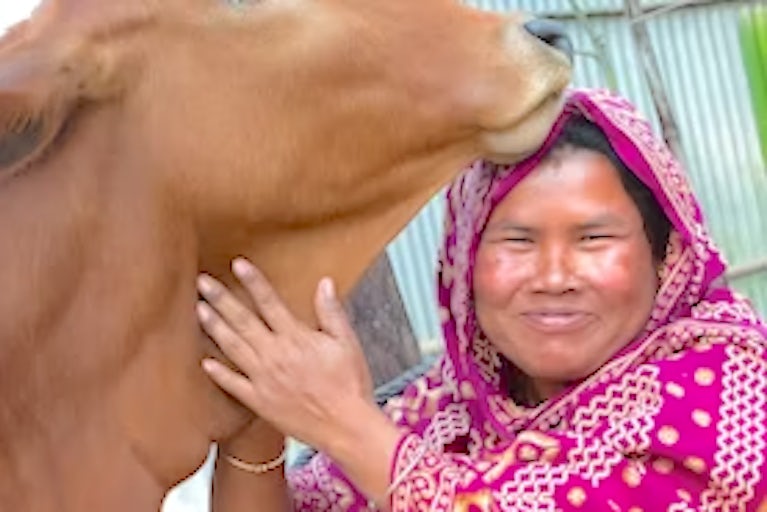
Heifer International Bangladesh’s signature programs are designed to ensure public and private sector commitments and investments for achieving Sustainable Development Goals.
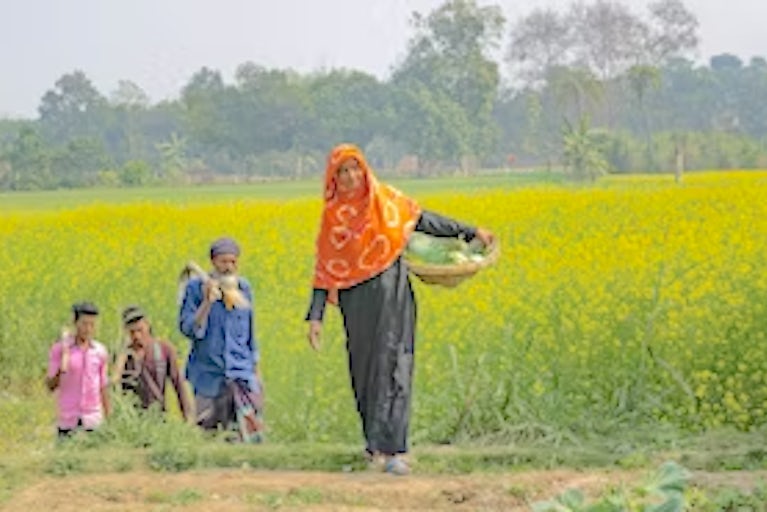
Heifer International Bangladesh supports sustainable locally led development solutions that empower small-holder women farmers to achieve sustainable living incomes for resilient future
Ayesha Siddiqa, Project Participant and Farmer Producer Organization Co-chair
Cart is empty
Success!
Please be patient while we send you to a confirmation page.
We are unable to process your request. Please try again, or view common solutions on our help page. You can also contact our Donor Services team at 855.9HUNGER (855.948.6437).
Covering the transaction fee helps offset processing and administrative fees that we incur through taking payments online. Covering the transaction fee for each payment helps offset processing and administrative fees that we incur through taking payments online. Covering the transaction fee for each payment helps offset processing and administrative fees that we incur through taking payments online.
Success!
Please be patient while we send you to a confirmation page.
We are unable to process your request. Please try again, or view common solutions on our help page. You can also contact our Donor Services team at 855.9HUNGER (855.948.6437).
When you donate a gift to someone, you'll have the option to create a free card after your donation is complete.
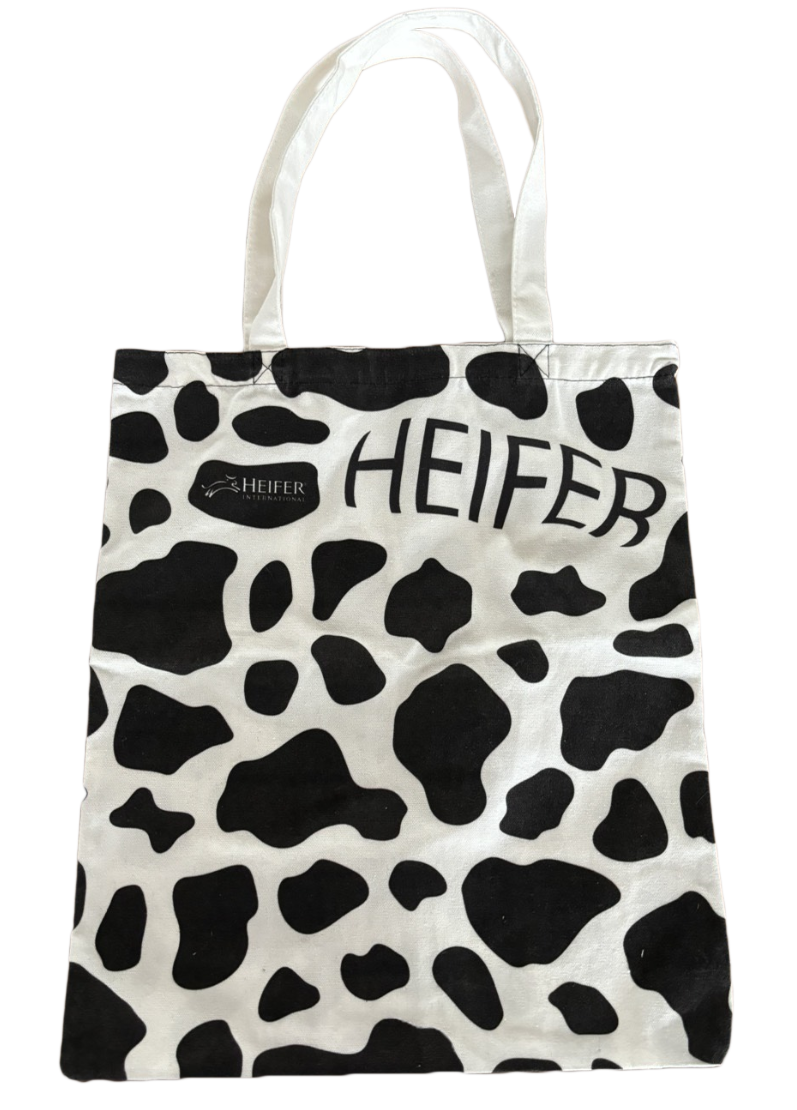
A FREE gift will be sent to supporters who choose to give a monthly gift.
Covering the transaction fee helps offset processing and administrative fees that we incur through taking payments online. Covering the transaction fee for each payment helps offset processing and administrative fees that we incur through taking payments online. Covering the transaction fee for each payment helps offset processing and administrative fees that we incur through taking payments online.

A FREE gift will be sent to supporters who choose to give a monthly gift.